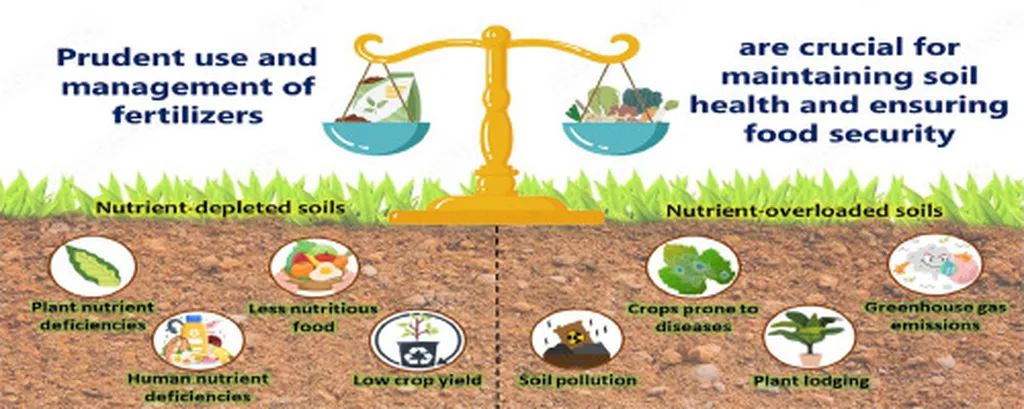In the quest for sustainable agriculture, researchers are turning to unconventional sources to boost soil fertility and crop yields, particularly in marginal lands where traditional farming methods fall short. A recent study published in *Jurnal Ilmiah Pertanian* (Scientific Journal of Agriculture) explores the potential of leachate-based liquid organic fertilizer (LOF) in biochar-amended soils, offering promising insights for farmers and the energy sector alike.
Nurmaranti Alim, a researcher from the Department of Agroecotechnology at Universitas Sulawesi Barat, led the study that investigated the effects of LOF on soil fertility and chili pepper growth. The research is particularly relevant for marginal agricultural lands, where soil degradation and limited access to sustainable inputs pose significant challenges.
The study focused on four treatments: no LOF, 20% LOF, 40% LOF, and 60% LOF. The results showed that applying LOF improved soil pH, organic carbon content, and macronutrient levels (N, P, K). Notably, the 20% LOF treatment achieved the highest pH, while the 60% LOF treatment had the highest organic carbon content. However, the best plant growth was observed in the control treatment, suggesting that phytotoxic compounds in the LOF might be inhibiting plant growth.
“While leachate-based LOF enhances soil quality, its high concentration may hinder plant growth,” Alim explained. “This indicates that proper detoxification and formulation strategies are crucial for its effective use in agriculture.”
The study’s findings highlight the potential of leachate as a low-cost nutrient source for sustainable agriculture. By leveraging organic waste leachate, farmers can reduce their reliance on synthetic fertilizers, which are often expensive and environmentally harmful. This shift towards sustainable practices could have significant commercial impacts, particularly in the energy sector, where waste management and resource recovery are increasingly important.
As the world grapples with the challenges of climate change and resource depletion, innovative solutions like leachate-based LOF offer a glimmer of hope. The research conducted by Alim and her team not only sheds light on the potential benefits of LOF but also underscores the need for further studies to optimize its use.
“Our findings support the potential use of leachate as a low-cost nutrient source for sustainable agriculture,” Alim added. “However, more research is needed to understand the long-term effects and to develop effective detoxification methods.”
The study, published in *Jurnal Ilmiah Pertanian*, opens new avenues for exploration in the field of sustainable agriculture. As researchers continue to delve into the complexities of soil fertility and plant growth, the insights gained from this research could pave the way for more innovative and environmentally friendly farming practices.
In the broader context, the energy sector stands to benefit from these advancements. By integrating sustainable agricultural practices, energy companies can contribute to a more circular economy, where waste is minimized, and resources are used more efficiently. This holistic approach not only benefits the environment but also enhances the economic viability of agricultural and energy sectors.
As the world moves towards a more sustainable future, the research conducted by Nurmaranti Alim and her team serves as a reminder of the potential that lies in unconventional sources. By harnessing the power of organic waste leachate, we can take a significant step towards achieving sustainable agriculture and a greener planet.

